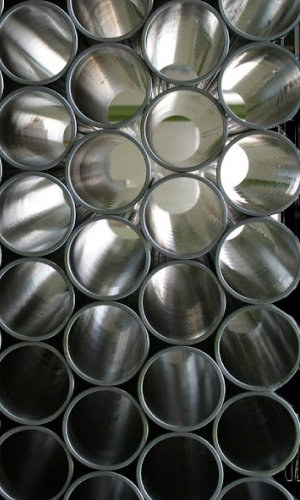Steel pipes play a key role in the transmission and distribution of various forms of energy around the world. Their versatile properties, such as strength, corrosion resistance and the ability to transport various substances, make them indispensable in many industrial sectors.

Calculate the weight of pipes
Natural gas
Steel pipes are commonly used to transmit natural gas. Gas is transported over long distances from gas fields to final consumers such as power plants, industrial plants and households. Steel pipelines are characterized by high strength and the ability to transfer large volumes of gas at high pressure.
Petroleum
Steel pipelines are also used to transport crude oil from oil fields to refineries and then to distributors and final consumers. Steel pipes ensure safe and efficient transport of crude oil, minimizing the risk of leakage.
Steam
In the power industry, steel pipes are used to transport steam to turbines that drive generators in power plants. The steam is transported under high pressure, which requires pipes with high strength and the ability to work in harsh conditions.
Heat
Steel pipes are used in central heating systems, transferring heat from a combined heat and power plant or boiler house to buildings and facilities. These pipes transport hot water or steam, providing heat for various applications such as space heating or domestic hot water production.
Drinking water and sewage
Steel pipelines are used to transport drinking water, as well as for sewerage and sewage. The steel pipes are resistant to chemicals and corrosion, which is crucial for maintaining a safe and reliable water supply and wastewater treatment system.
Process media in industry
In the chemical, petrochemical and other industries, steel pipes are used to transport various chemicals and process media. Their resistance to corrosion and the ability to transport substances under high pressure and in varying temperatures make them indispensable in these processes.